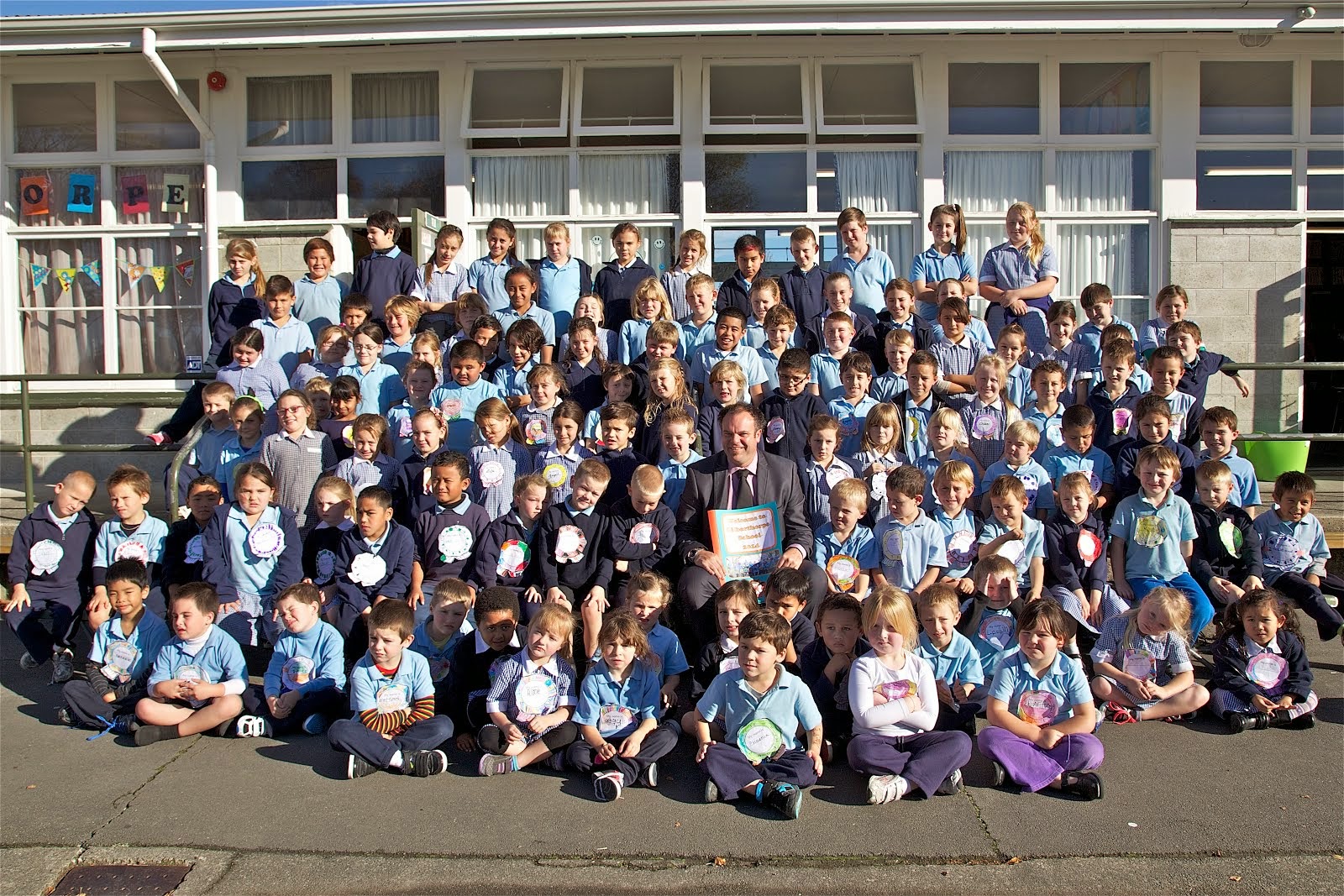NZEI Te Riu RoaSchool Leadership Hui 19 July 2016
Yong Zhao currently serves as the Presidential Chair and Director of the Institute for Global and Online Education in the College of Education, University of Oregon, where he is also a Professor in the Department of Educational Measurement, Policy, and Leadership. He is also a professorial fellow at the Mitchell Institute for Health and Education Policy, Victoria University in Australia. His works focus on the implications of globalization and technology on education.
How did Trump rise? We can't blame him...blame education and the people who helped him rise. Think about how we pass messages. One of the issues we face as school leaders, parents and teachers, there are so many details to worry about that we tend to miss the important and big picture. Educators face hanging landscapes.
Use your time to think about the big picture, what really matters?
Book-The End of Average- Check it out
A system based on average doesn't work. Be careful of big data. Nobody is at the average. One of the purposes of education, help each individual child to reach their own potential. Think about how many ways children can differ.
Constructing profiles of success. The 4 Cs/IQ & EQ. We are constantly trying to create profiles to succeed. These profiles used to work as we had jobs ready. It is not so anymore. Certain jobs had a descriptive skill set.
If not ready for kindergarten/school, what will you do with the child? The school should be ready for the child.
We cannot prescribe anymore. We are like delivery people giving knowledge and skills prescribed to succeed. We tend to forget that it is about learning. Is it worth it? Are we helping them to succeed or are we torturing the child?
Nobody succeeds with the average profile. The traditional job wants you to be mediocre. How many ways do we vary? Physical attributes have no meaning until put in context. Multiple Intelligences-How do we understand it? We are differently talented. You learn faster and go further in certain areas. We can all learn but will go in different rates. Really important to look at.
16 Human Motivators-Motivator and Object of Desire. Gain energy if we can do what we desire.
Being able to understand these, you have a better quality of life. Helps you understand how people gain energy.
Most of us don't understand physical movement. Some people gain energy from moving...like ADHD kids.
These don't make sense until they are in context or within a cultural setting where different traits are valued. Think about how we send messages about what we value to our kids. Do we value kids for being curious or organised? Or do I want you to do what I say?
Provide not deprive. We think we are helping children to catch up, but this need rethinking.
The gap has never become close...it is getting wider.
Our current system is teaching self deficit thinking.
How can we get out of this? TECHNOLOGY
Although technology has had negative effects, it is the way for us to ...
The Fourth Industrial Revolution-Requires more data and machines. The age of smart machines. Machines can be designed to solve complex problems. I a problem can be isolated, it can be solved by machines.
Any job we prepare our children to do, will be gone. Education is better than before but may be wrong for the future. We are holding children back by stifling them by judging them by a prescribed standard.
We gain more leisure time and disposable income. Time was spent on securing necessities. What changes is what we consume. We consume different things. Where do we spend most of our money? Spiritual and psychological needs. In the new age, we consume choice. Look at how big cosmetic industry has become. Things and choices are personal. Many skills go into developing products that are more personal for us. (Shampoo) Every human talent, can be of great value. How can I help you become better in your own way. What used to be of no value, is now valuable.
Rudolph gained value when what he had was needed.
Dyslexia-Been seen as a deficit so needing to be fixed. Hides skills in art. Art was not valued so much but is now valued. Art experiences are everywhere.
Can combine talents like art and music. Combining these is creativity. HOw can you create something new?
Make sure every child can be considered valuable.
If Kim Kardashian can be useful, anybody can.
Children are born creative. This creativity is lost as we teach them to comply. We lose creativity the longer we are in school. We reward compliance. Great students, seldom make great innovators. Knowledge comes after the passion.
The more we teach, the less creative children become.
Every child is unique in combining what they have. No standard can measure that. Identify problems that need solving. We teach problem solving but this means nothing. What problems are worth solving? We give problems and children give answers. Problems worth solving are those that will improve other peoples lives.
Knowledge is not imposed upon. Educators become life coaches. Mentors and advisors. We need a lot more confident and independent children.
Children have to solve authentic problems.
If you are committed to your children, policy makers can be ignored. Start from you and how you treat your own children.
Most dangerous thing is that we think Pisa means something.
































